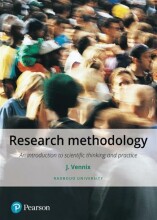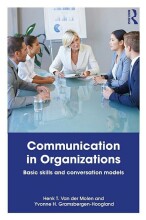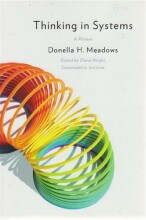Circular Economy - Artikel: Towards a circular economy: business rationale for an accelerated transition - Section 2: rethink value creation - the circular perspective
3 important questions on Circular Economy - Artikel: Towards a circular economy: business rationale for an accelerated transition - Section 2: rethink value creation - the circular perspective
CE enhances natural capital, optimists resource yields, minimises system risks by managing finite stocks and renewable flows. It decouples economic growth from resource consumption. What are the three principles on which CE relies?
2. Optimize resource usage by circulating products, components and materials at the highest utility possible in both technical and biological cycles.
3. Foster system effectiveness by revealing and designing out negative externalities, e.g. Reducing damage and waste, renewable energy usage, thinking in systems, e.g. Prices that reflect all costs.
What are the powers of CE?
- Power of circling longer; maximize number of consecutive cycles
- Power of cascade use; diversify reuse across the chain
- Power of pure inputs; increase collection and redistribution of efficiency while maintaining quality.
MacArthur developed ReSOLVE framework which can be used as a tool to generate circular strategies and growth initiatives for business and government. Elaborate on this model.
Share = Share assets, extend PLC.
Optimise = increase efficiency / performance, remove waste, automation.
Loop = remanufacture, recycle, extract biochemicals from organic waste.
Virtualize = dematerialize directly, e.g. Books, CD, travel, and dematerialize indirectly, e.g. Online shopping.
Exchange = replace old with advanced non-renewable materials. Apply new technologies (e.g. 3D printing), choose new products/services.
The question on the page originate from the summary of the following study material:
- A unique study and practice tool
- Never study anything twice again
- Get the grades you hope for
- 100% sure, 100% understanding
































